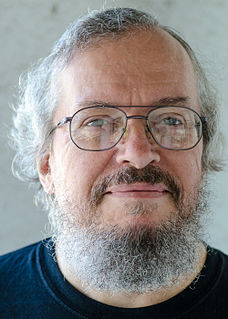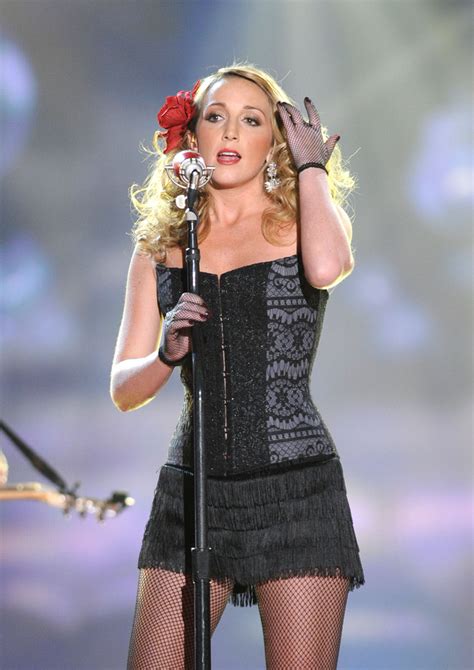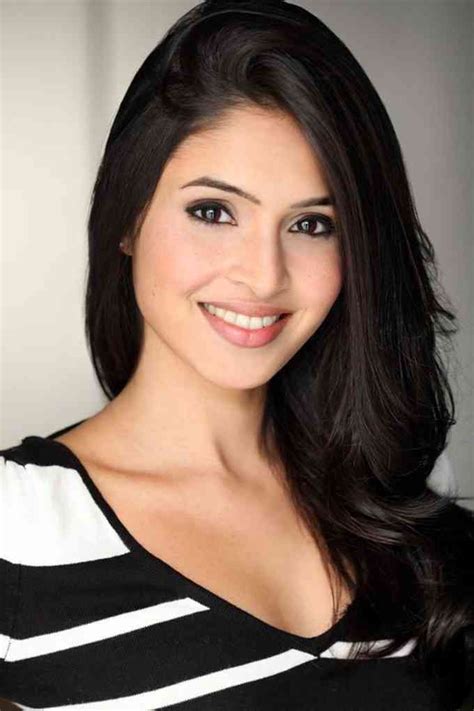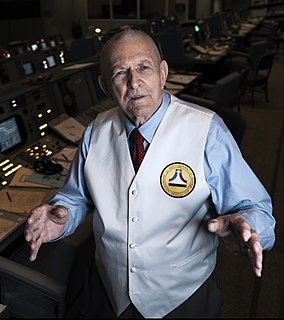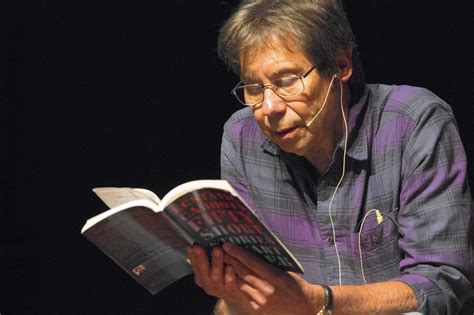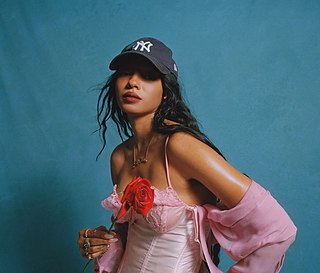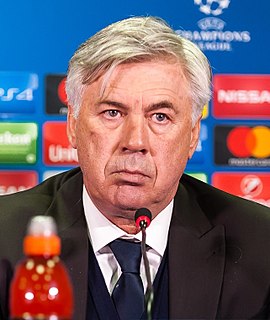A Quote by Henry Spencer
As plans for the first lunar landing started to be made, nobody had really thought about who would be out first.
Related Quotes
I was an eight-year-old kid when I watched the first Apollo Moon Landing way back in 1969 and there was something about that moment that really stuck in my head. I'd always been interested in space and flying and I was building model rockets and model airplanes, but something about that moment, I can remember like it was yesterday watching the Apollo Lunar Lander approach the surface of the Moon and then later watching Neil Armstrong and Buzz Aldrin take the first steps on the Moon, and something that day started the dream for me that, hey, I want to be like those guys.
When recording, whatever you first think about, you come out with something totally different at the end of it. Whatever plans you have you throw away, because it's always going to end up sounding pretty different from what you initially thought of. I probably only had about five or six songs when I started, and it just sort of flowed from that.
When we blew the first atomic bomb at White Sands near the end of the war, nobody knew what was going to happen. There was a theory that the chain reaction would continue forever. And we would have created a little tiny sun out there in the desert that would burn until the end of the universe. It wasn't a widely held theory but it was a theory that nobody had a way of disproving. There were people who thought it wouldn't go off at all, that it would simply sit out there and melt and produce a great big dirty cloud of radioactivity. Nobody knew.
To send humans back to the moon would not be advancing. It would be more than 50 years after the first moon landing when we got there, and we'd probably be welcomed by the Chinese. But we should return to the moon without astronauts and build, with robots, an international lunar base, so that we know how to build a base on Mars robotically.
The exciting part for me, as a pilot, was the landing on the moon. That was the time that we had achieved the national goal of putting Americans on the moon. The landing approach was, by far, the most difficult and challenging part of the flight. Walking on the lunar surface was very interesting, but it was something we looked on as reasonably safe and predictable. So the feeling of elation accompanied the landing rather than the walking.
We made 'Mickey and the Bear' with barely any money with a first-time director, a first-time director of photography, and a crew who had just graduated from NYU film school. We were all very much in this together for the first time. There's no famous actor or big explosions. It's not a Marvel movie. I thought nobody was going to see this film.
When I started graduate school we did this publishing class where we learned about submitting and read interviews with editors from different magazines. A lot of them said they got so many submissions that unless the first page stuck out or the first paragraph or even the first sentence they'll probably send it back. So part of my idea was that if I have a really good first sentence maybe they'll read on a bit further. At least half, maybe more of the stories in Knockemstiff started with the first sentence; I got it down then went from there.
